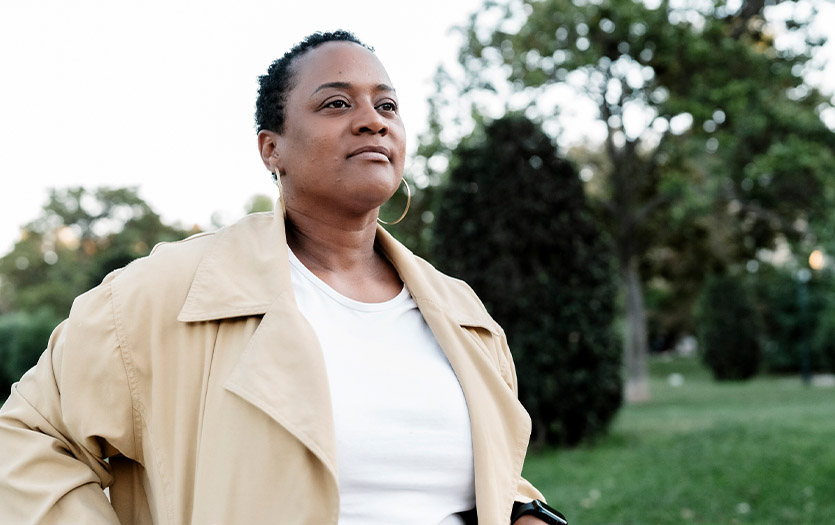Writing about cancer is difficult. Who’s going to read it? Even using the word can be difficult. Our aversion to the topic takes the form of magical thinking. If we deny “its” existence, maybe “it” will leave us alone.

The problem associated with magical thinking is that it leads to the absence of reality checks and perpetuates denial. I assume that most of us are keenly interested in learning as much as possible about gynecologic cancers in order to protect ourselves and our loved ones. These assumptions have led me to the conclusion that not only is it important, but also extremely timely for me to write about endometrial cancer.
In regard to endometrial cancer, I am intrigued and inspired at the realization of my own form of denial, a stunning example of irony – the ultimate incongruity between the actual result of a sequence of events and the normal or expected results.
As a gynecologist, I know that postmenopausal bleeding is a warning sign. And when it happened to me on one isolated occasion in May, I immediately thought: “What the heck?”
Of course I told my husband, and of course I got an ultrasound. The doctor said: "Oh, it looks like just a small polyp." I scheduled a hysteroscopy procedure (an outpatient procedure which allows the physician to look inside the uterus while you are under anesthesia) as soon as possible and waited for the pathology report. I called my friend, Shannon, the pathologist, for the report on the following Monday morning. She told me how sorry she was to inform me that I was diagnosed with endometrioid adenocarcinoma.
It was a stunning moment of denial as I heard myself say: “Wow, well, that sucks....”
I was still sitting at my desk in my gynecologist persona when Shannon suddenly stepped into the office and looked at me and said: "I am so sorry."
I lost it.
I imagined my professional gynecologist persona, Sharon Ransom, MD, looking back at me with lips pursed, her arms folded across her chest, rolling her eyes and shaking her head in disbelief as suddenly, the completely vulnerable me, Sharon – the wife, mother, daughter and friend – was left sobbing in her place.
Shannon was my angel that day as she collected me and drove me home.
I am not going to leave you wondering about my outcome. I had a hysterectomy with all the important bits removed, and my surgery was the cure! But more about that later.
Over the course of the weeks leading up to my diagnosis, I was able to assist several women with postmenopausal bleeding. I took their histories, performed their ultrasounds and hysteroscopy procedures, met with them afterwards and reviewed their pathology reports. I had the distinct impression that although each woman expressed concern about her onset of bleeding, she appeared to have accepted the denial which allows us to persist in magical thinking.



